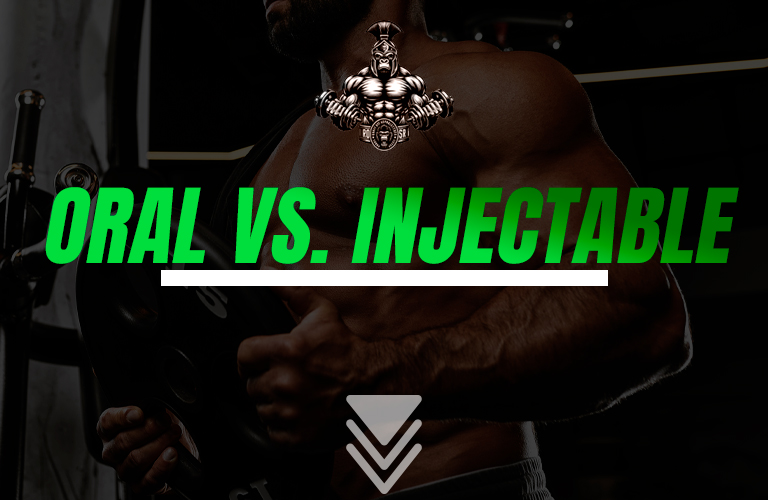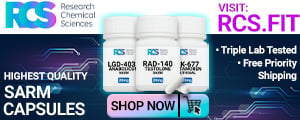
Understanding the differences between these two methods is crucial for anyone considering their use, whether for therapeutic purposes, bodybuilding, or athletic performance enhancement. This section delves into the nuances of oral and injectable steroids, comparing their efficacy, convenience, side effects, and typical preferences among users.
Oral Steroids: Convenience at a Cost
Oral steroids, such as Dianabol, Anavar, and Winstrol, are known for their ease of use and quick action. They are simply ingested in pill form, making them a go-to choice for those who are needle-shy or seeking a more discreet option.
Advantages of Oral Steroids:
Ease of Use: Oral steroids don’t require needles or injections, offering a straightforward method of administration.
Rapid Absorption: These steroids are quickly absorbed into the bloodstream, leading to faster results in terms of muscle gains and strength.
Disadvantages of Oral Steroids:
Liver Toxicity: Oral steroids are modified to survive the firstpass metabolism in the liver, which can strain this vital organ.
Shorter Half-Life: They often require more frequent dosing to maintain effective blood levels.
Impact on Lipid Profile: Oral steroids can have a more pronounced effect on lipid profiles, negatively impacting HDL and LDL cholesterol levels.
Injectable Steroids: Efficacy with a Needle
Injectable steroids, like Testosterone Enanthate, Trenbolone,and Deca-Durabolin, are administered directly into muscle tissue. They are favored for their potency and longer-lasting effects.
Advantages of Injectable Steroids:
Reduced Liver Strain: Since they bypass the liver, they are less hepatotoxic than oral forms.
Esters: Injectable anabolic steroids are often modified by the addition of esters to the 17-beta hydroxyl group. These esters control the release rate and half-life of the steroid.
Sustained Release: Many injectable steroids have longer half-lives, requiring less frequent dosing.
Disadvantages of Injectable Steroids:
Injection-Related Risks: Risk of infections, abscesses, and discomfort at the injection site.
Inconvenience: Requires preparation and the process of injection, which can be daunting for some users.
Regularity: While less frequent, injections must be scheduled and are more invasive than taking a pill.
User Preferences: Choosing What’s Right for You
The choice between oral and injectable steroids often comes down to personal preference, goals, and willingness to tolerate potential side effects. Beginners might gravitate towards oral steroids due to their ease of use, while more experienced users might prefer injectables for their efficacy and lower liver impact.
In the debate of oral versus injectable steroids, there is no one-size-fits-all answer. Each method has its trade-offs in terms of convenience, efficacy, and safety. Ultimately, the decision should be made based on individual goals, health considerations, and personal comfort with each administration method. Responsible use, coupled with a thorough understanding of each form’s benefits and drawbacks, is key to maximizing results while minimizing risks.

